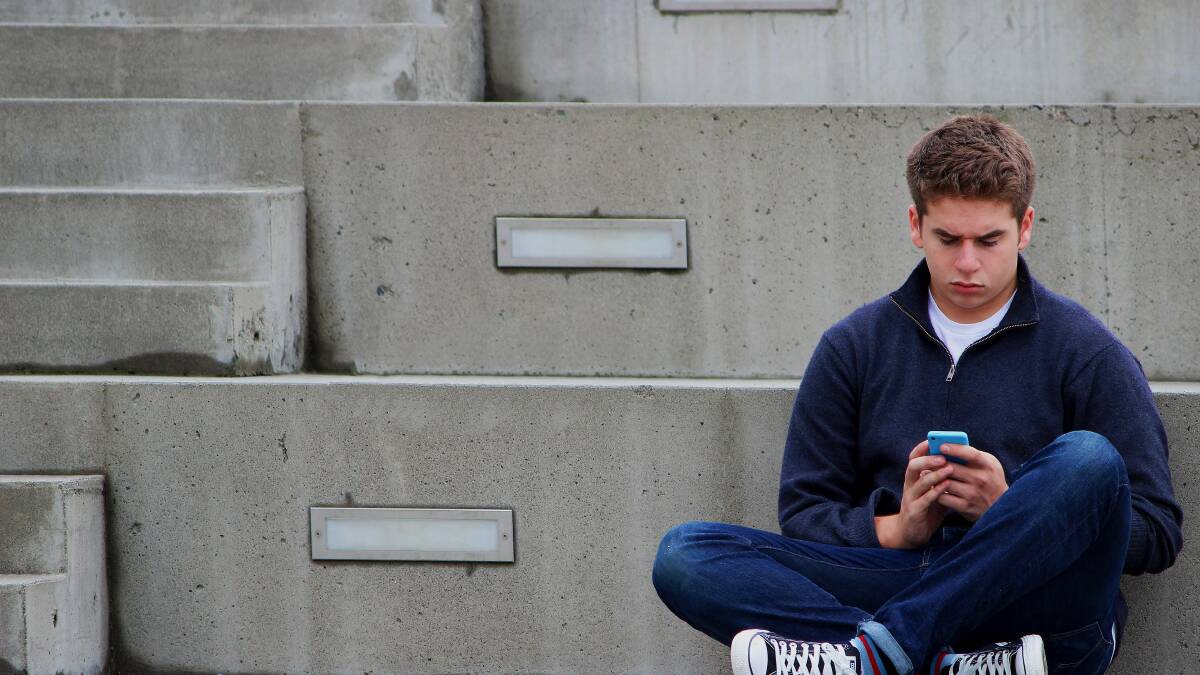
SUMMER holidays are far from over, with many adults finding themselves in the position of having to deal with bored offspring from early January until term one.
Create a free account to read this article
$0/
(min cost $0)
or signup to continue reading
Teenagers are in the firing line with news reports suggesting delinquents are taking over the streets and public spaces.
If you cannot remember the hormonal hell of adolescence, or the time when your family members ceased to be entertaining and you craved the company of your peers, it was probably when you were a teenager.
Say what you will about school, at least it is somewhere that young people can access some measure of intellectual stimulation and social activity.
Summer is the time when those benefits are dramatically reduced until school reopens and unless you are prepared to allow your child to hang out with friends at a shopping centre or public facility for hours on end, dealing with boredom is inevitable for most.
Adding to the problem is that many parents have now gone back to work and their kids are considered old enough to amuse themselves without need for structured school holiday programs. Even people who feel they have done their bit in terms of parenting are still having to deal with the fallout of teenage angst especially since many see them as little children in adult-size bodies and they seem to be congregating in the community at any given time.
Sometimes their behaviour is intimidating or even antisocial and while it is easy to aim social outrage at adolescence or their parents, there is actually a scientific explanation for why teenagers do the things they do.
We all know that teenagers can be angry, sometimes for good reason, and that they are more interested in pleasing their friends than worrying about consequences. That has always been the case but we now know that the part of the human brain responsible for moral judgement and behaviour regulation does not mature until early adulthood.
There are specific, measurable differences between a teenager’s brain and the brains of older adults or younger children that can affect how an adolescent thinks or acts.
None of this qualifies as an excuse but it may provide a valid explanation worth thinking about.
One study found that behaviour improves even for delinquents if they are made to feel valued by a mentor who is not a relative. So maybe it is time for us all to take note, instead of playing the blame game.

